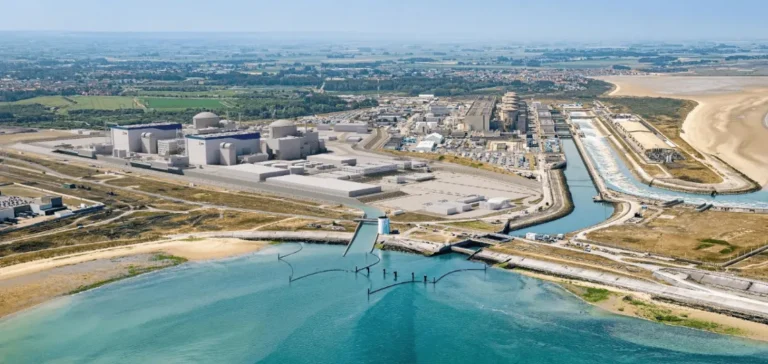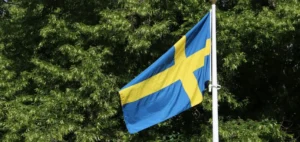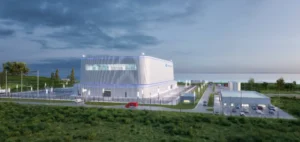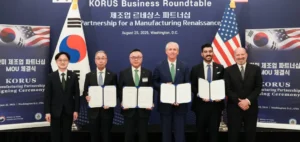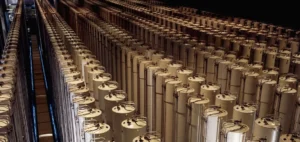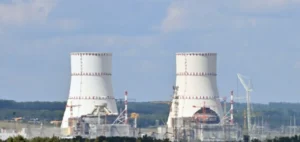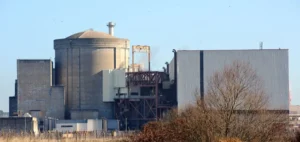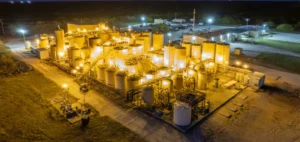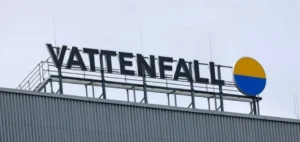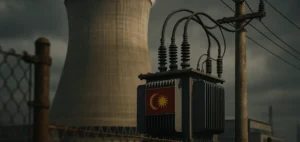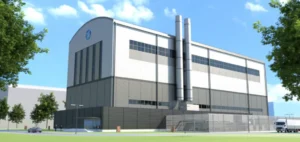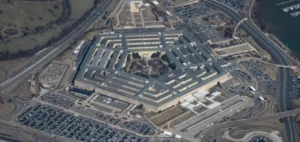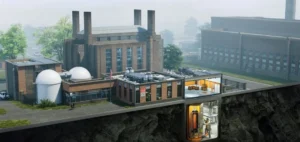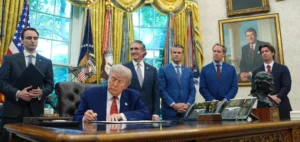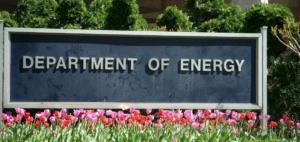EDF (Électricité de France) and the French state have concluded a decisive financial agreement for the construction of six new second-generation European Pressurized Reactor (EPR2) nuclear reactors. This project represents a total investment of approximately €70 billion. Financing will primarily rely on a preferential state loan covering at least half of the construction costs, accompanied by a Contract for Difference (CFD) mechanism. This contract guarantees EDF a maximum price of €100 per megawatt-hour (MWh) at 2024 constant euros, with compensation from the state if the market price falls below this threshold, or payments from EDF if it exceeds.
Launch of Territorial Framework in Gravelines
Simultaneously, Marc Ferracci, Minister responsible for Industry and Energy, officially launched the “Grand Chantier EPR2 Gravelines” initiative. Michel Marbaix has been appointed local coordinator under the authority of the Prefect of the Hauts-de-France region to oversee the territorial preparations for this strategic project. This initiative follows a specific request formulated during the public debate on the Gravelines nuclear reactor project. It comes two years after a similar initiative was launched in Penly, Seine-Maritime, also focused on accommodating two EPR2 reactors.
The first meeting of the local Strategic Committee has already taken place to establish close coordination among local elected officials, economic stakeholders, and state representatives. Michel Marbaix’s role will be to facilitate territorial integration of the project, particularly addressing logistical issues such as mobility, housing, and local employment. This framework aims to ensure continuous dialogue and transparency throughout the project’s stages, directly addressing the needs identified by local communities and stakeholders.
Integrated and National Governance
This territorial initiative in Gravelines forms part of a national strategy coordinated by the Interministerial Delegation for New Nuclear Projects (Délégation Interministérielle au Nouveau Nucléaire, DINN). This delegation ensures overall coherence of the national EPR2 program. Within this framework, Michel Marbaix will have access to all necessary state resources, both local and national, to effectively implement preparatory activities for the project.
This territorial framework also marks the evolution of an approach initiated in 2023 aimed at maximizing local economic benefits through rigorous and collaborative management of large-scale energy projects. Final validation of the financing and territorial framework now depends on the European Commission, which will soon examine its compliance with EU rules regarding state aid. This final step, expected by 2026, is an essential prerequisite to definitively starting construction works.


